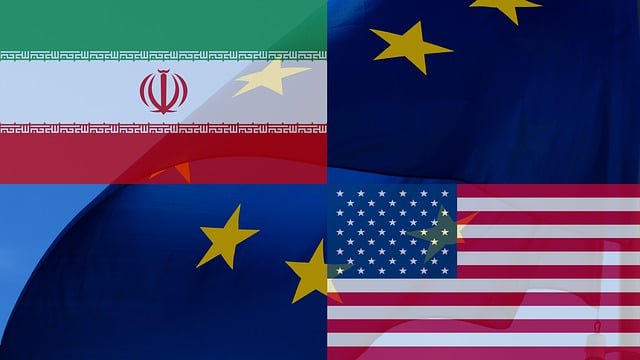Can the Iran Nuclear Deal be Salvaged?
The Islamic Republic of Iran is no longer abiding by the terms of the Joint Comprehensive Plan of Action (JCPOA), which was executed in 2015 and facilitated by the United States, the European Union, and the United Nations Security Council. When Iran made the unfortunate announcement that it would stop complying with the terms of the JCPOA, many geopolitical analysts believe that this was only a matter of time; considering the friction and exacerbation of the conflict between Iran and the U.S. since 2019, it is safe to say that this development took place later than initially thought.
As the situation stands, the JCPOA has entered a Dispute Resolution Mechanism process, which means that it has not been formally dissolved, but there is a strong chance that this may end up happening. While this may sound like a pessimistic assessment, it is realistic insofar as what the White House has had in mind over the last couple of years. More specifically, this is what U.S. President Donald Trump has wanted because he was never a supporter of the JCPOA.
With the JCPOA languishing, Iran may resume using nuclear centrifuges and enriching its uranium stockpile; furthermore, it may deny international inspections. As for the U.S., it will likely continue to impose even more restrictive sanctions and even pressure other countries to follow suit. As energy attorney Amir Handjani of the Atlantic Council has previously indicated in his writings about the effects of the rolling sanctions, President Trump’s strategy of squeezing the Islamic Republic with sanctions has been ineffective for various reasons, and the most concerning is related to humanitarian trade. There is no question that the good people of Iran have been suffering the most as a result of these sanctions, and the discontent has been strongly felt on the streets of Tehran through widespread protests.
At a time when tensions between the American and Iranian regimes are extremely high, trying to rescue the JCPOA would be the most sensible course of action. Granted, the status quo may not be the most conducive, but it is certainly worth a try because the Middle East has turned into a dangerous flash point. It should be noted that the Islamic Republic has previously mentioned interest in sitting down with American officials for the purpose of de-escalating tensions, but only if the possibility of easing up on sanctions would be discussed. The White House declined, and here we are today.
The JCPOA is not limited to the U.S. and Iran. China, the European Union, France, Germany, Russia, and the United Kingdom are also signatories. The UN Security Council always has a say in matters related to avoiding international conflict. There are enough influential parties that can weigh in on this issue and try to rescue the JCPOA. There is also Iraq, a troubled nation that has thus far served as the proxy battlefield for the U.S. and Iran. At a time when yet another war could break out in the Middle East, salvaging the Iran Nuclear Deal would be very sensible.



